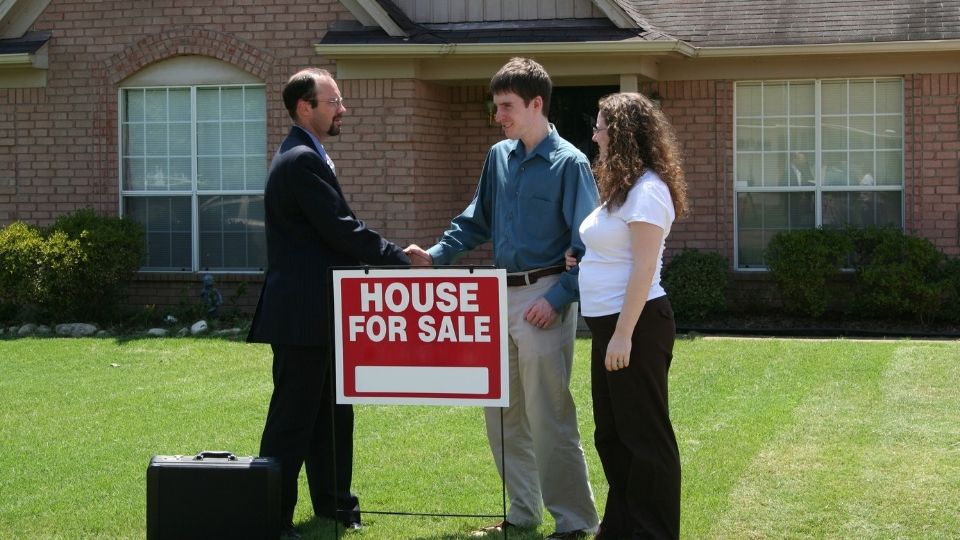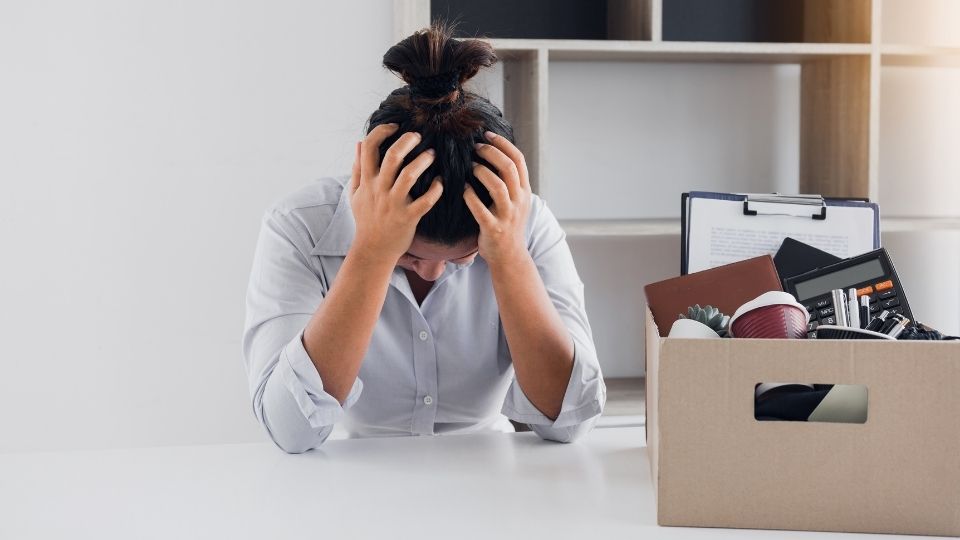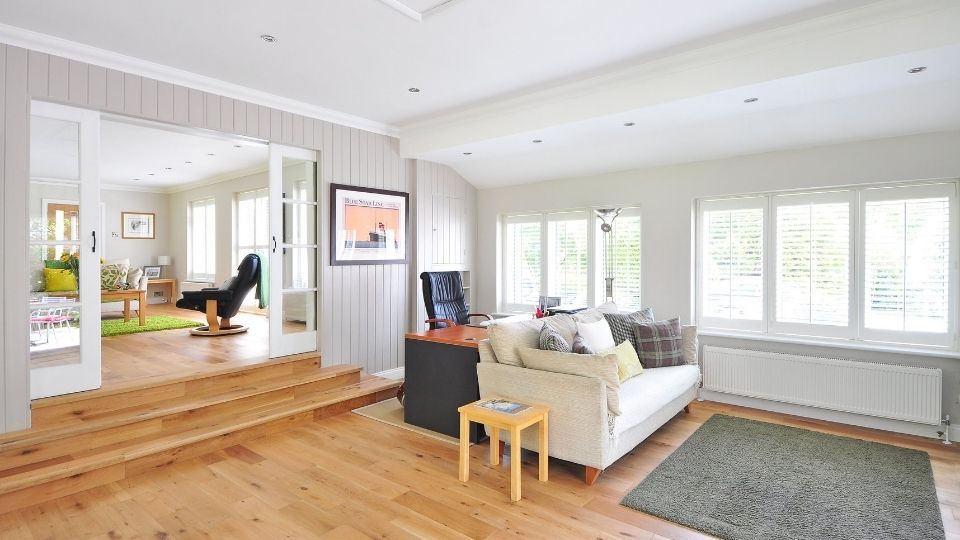Most people assume that buying a home is always a good investment, but there are actually a number of risks associated with home ownership. One of the biggest dangers is that you may end up owing more on your mortgage than your home is worth. This can happen if the value of your home declines, or if you have to sell your home for less than you owe on the mortgage.
Another risk is that you may not be able to sell your home when you need to. This can happen if the housing market declines, or if you live in a rural area where there are not many buyers. If you are unable to sell your home, you will have to continue making mortgage payments even if you are not living in the home.
Risks of Home Ownership
Homeownership is an exciting time. It can also be a risky time where if you don’t know what you are doing, you may end up in a bad financial situation. There are a number of risks associated with home ownership, including the risk of owing more on your mortgage than your home is worth and the risk of being unable to sell your home.
Owing More than Your Home is Worth
One of the biggest dangers is that you may end up owing more on your mortgage than your home is worth. This can happen if the value of your home declines, or if you have to sell your home for less than you owe on the mortgage.
Illiquid Asset

Another risk is that you may not be able to sell your home when you need to. This can happen if the housing market declines, or if you live in a rural area where there are not many buyers. If you are unable to sell your home, you will have to continue making mortgage payments even if you are not living in the home.
How to Reduce Your Risk
It’s important to be aware of these risks before buying a home, and to take steps to avoid them.
Make a Higher Down Payment
One way to reduce the risk of owing more on your mortgage than your home is worth is to make a down payment of at least 20 percent of the purchase price, and to choose a fixed-rate mortgage. If you live in an area where housing prices are likely to fall, you can avoid this risk by choosing a mortgage that has a low “initial rate teaser”. It’s also important to keep your mortgage payments as low as possible, so that you can afford them even if you lose your job or experience other financial hardship.
Buying in More Central Areas

Another way to reduce the risk of being unable to sell your home is to buy in a metropolitan area where there are more buyers. If you are unable to sell your home, you may be able to rent it out until the market recovers.
By understanding the risks of home ownership and taking steps to reduce them, you can make buying a home a safer and more affordable proposition.
That’s why it’s really important to have your stuff together before you apply for a mortgage. It’s also smart to have a plan B in case something doesn’t go as planned.
What Happens If You Can’t Afford Your Mortgage Repayments
If you have to sell your home for less than you owe on the mortgage, you may have to go through a foreclosure. This can happen if you can’t make your monthly mortgage payments, even if you sell your home. A foreclosure is when the bank takes possession of your home and sells it to recover the money that you owe. You can avoid a foreclosure by coming up with at least a portion of the money you owe on your mortgage. Your lender may work with you to help you come up with a plan to pay back what you owe. If your lender’s not willing to work with you, you can ask the lender to forgive some of the debt.
Here are Some of the Common Financial Risks Associated with Owning a Home
Housing Market Crash
One of the risks of buying a home is the possibility that the housing market could go down and your home would be worth less than you paid for it. This is called being “underwater.”
If you’re in an area where housing prices are likely to fall, you can avoid this risk by choosing a mortgage that has a low “initial rate teaser.” This is a lower interest rate that is in effect for a certain period of time, usually the first year or two of the mortgage. After that, the interest rate goes up to the regular rate.
Losing Your Job

Another risk of buying a home is that you could lose your job and not be able to make your monthly mortgage payments. If this happens, you may have to go through a foreclosure. This is when the bank takes possession of your home and sells it to recover the money that you owe.
You can avoid a foreclosure by coming up with at least a portion of the money you owe on your mortgage. Your lender will then rework your mortgage to give you a new loan with a lower interest rate to help you avoid the higher cost of borrowing the money.
Appreciation / Depreciation Risk
The housing market moves in cycles and over time it is possible that the value of your home will decrease enough that you owe more on your home than it is worth. The housing market moves in cycles and over time it is possible that the value of your home will decrease enough that you owe more on your home than it is worth. This is called “negative equity.” If this happens, you may not be able to sell your home or borrow against it to get money for other purposes.
You can avoid this risk by doing your research before you buy a home. Look at what homes have sold for in your area and how much they are currently worth. Also, make sure that you can afford to pay your mortgage even if the value of your home decreases.
Conclusion
If you are planning to purchase a home, it is important to understand that there are a number of risks associated with this type of investment. You can minimize these risks by making sure you can afford the home you want and that you can afford the required down payment. Make sure you consult an experienced financial advisor before making a final decision.

